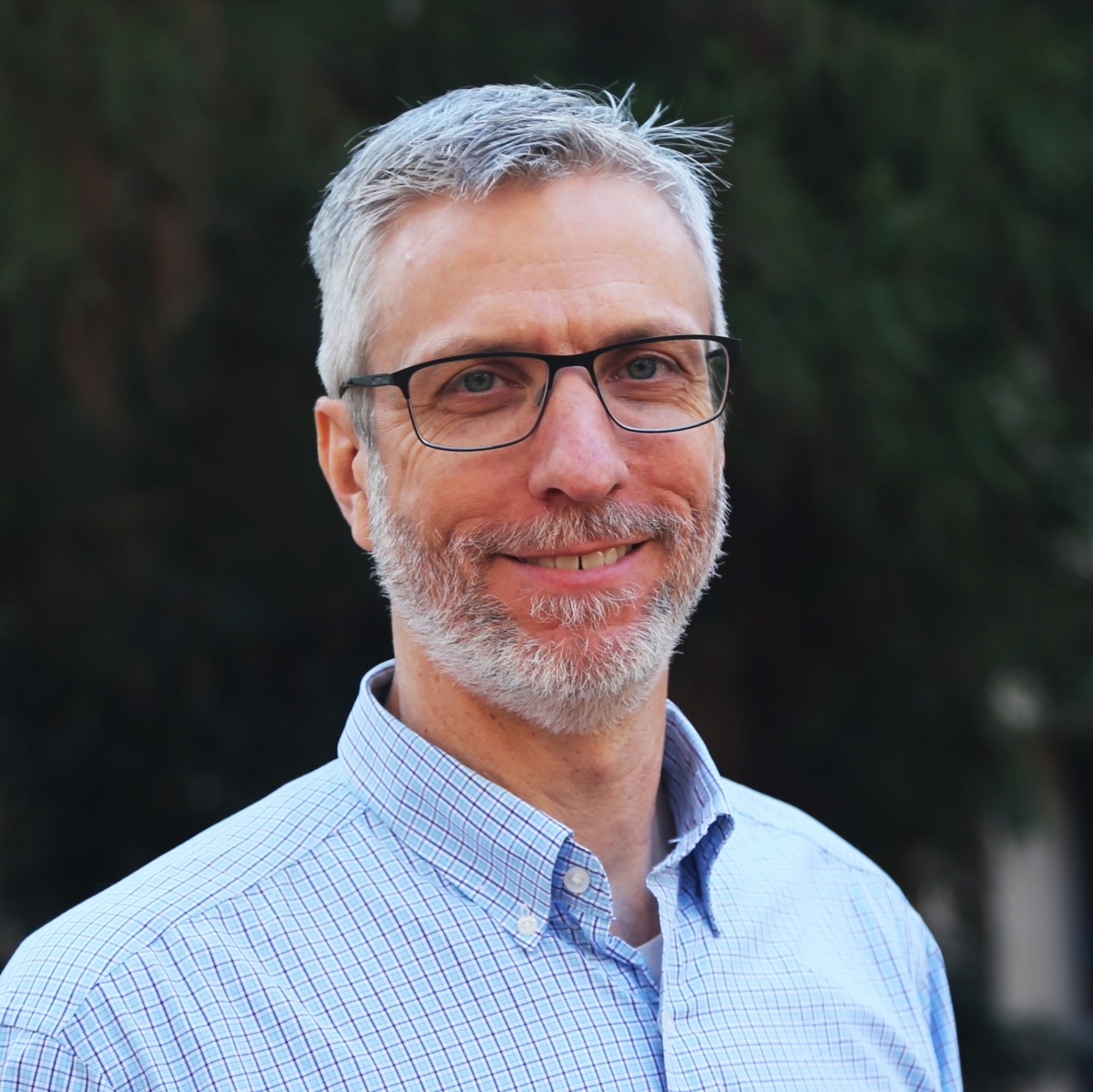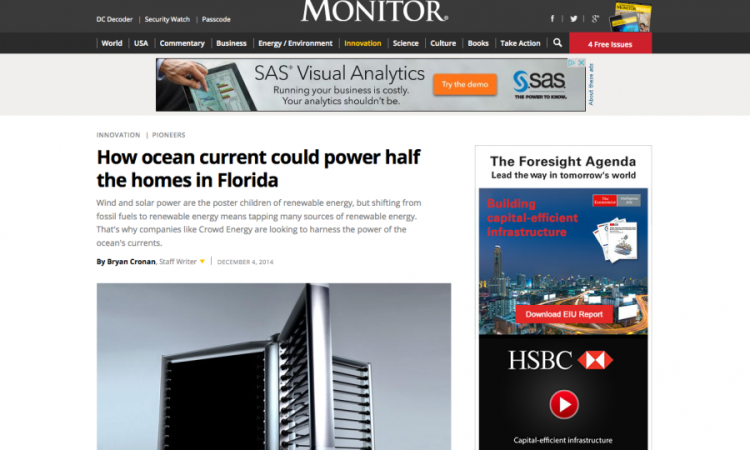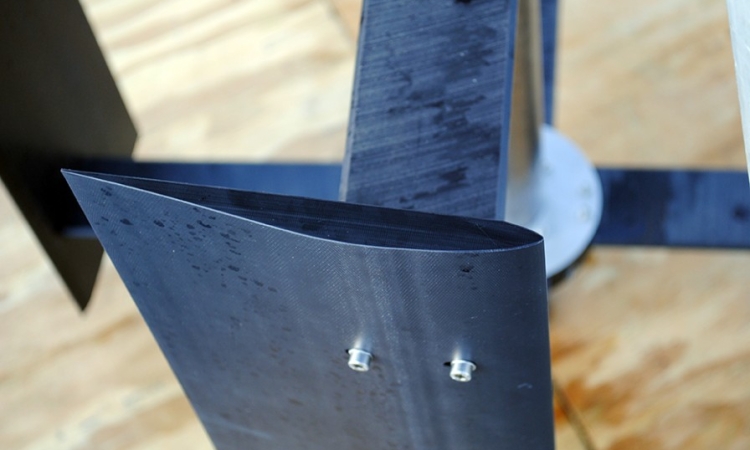Dr. Kevin Haas is a Professor and Associate Chair of Undergraduate Programs in the School of Civil and Environmental Engineering and Co-Director of the Ocean Science and Engineering Program at the Georgia Institute of Technology. He obtained a BSCE with distinction in 1994 and a MSCE in 1996 from the Ohio State University. He received his Ph.D. in Coastal Engineering from the University of Delaware in January 2001. Dr. Haas was as a Post-Doctoral Fellow from January 2001 to December 2002 at the University of Delaware. Dr. Haas started at Georgia Tech in January 2003 on the Savannah campus, earned tenure and promotion in 2009, and moved to the Atlanta campus in 2013. He has been serving as the Associate Chair of Undergraduate Programs since 2018 for CEE. Dr. Haas has served as the Co-Director of the Ocean Science and Engineering Ph.D. program since its inception in 2017, managing the academic program.
Dr. Haas has established a research program at Georgia Tech in nearshore processes (e.g. estuarine tidal flows, modeling waves and currents on the inner shelf, flow in marshes, and ship wake in confined channels) and marine hydrokinetic energy (e.g. tidal, wave, river, and ocean current energy).
| Ph.D. | University of Delaware | 2001 |
| MSCE | The Ohio State University | 1996 |
| BSCE | The Ohio State University | 1994 |
Dr. Haas teaches several undergraduate and graduate level courses. He co-created and leads the first-year course Exploring Civil and Environmental Engineering. He has been a proponent of innovative pedagogies such as incorporating collaborative learning techniques into his Coastal Engineering course.
- IEC 1906 Award for exceptional leadership and technical contributions for development of international standards.
- Best Technical Presentation (“Whiskey Award”) Marine Energy Technical Symposium
- Journal of Geophysical Research, Oceans Outstanding Reviewer Citation.
- CIOS Honor Roll
- CEE Senior Faculty Teaching Award
- CEE Appreciation Award
- Provost Teaching and Learning Fellow, 2017-2018
- Coles, D., Adcock, T., Cornett, A., Haas, K., Jo, C.H., Liu, H., Miles, J., Garcia Novo, P. and Thiébot (2025). A review of global tidal stream energy resources. Proceedings of the Royal Society A: Mathematical, Physical and Engineering Sciences.
- Roney, S. H., Haas, K., Bliss, T., and Weissburg, M. J. (2025). Restored oyster reefs function as living shorelines to reduce wave energy in intertidal marshes. Ecological Engineering, 221, 107774.
- Andrijcic, E., Mohan, S., Litzler, E., Han, R.J., Amekudzi-Kennedy, A., Webster, D., Haas, K. and Woolard, C., (2025). Fixing the Potholes on the Road to Academic Success: A Curriculum for Engineering Educators to Create and Sustain Meaningful Change. Education Sciences, 15(11), 1509.
- Park, K., Yang, Z., Haas, K., Muglia, M. (2025) Characterization of Gulf Stream energy resources: a 30-Year high-resolution simulation study. Renewable Energy, 123822.
- Muscalus, A., Haas, K, and Webster, D. (2025). Effects of primary ship waves in a far-field waterway network. Journal of Waterway, Port, Coastal, and Ocean Engineering, 151(4), 04025014.
- Haas, K., Amekudzi-Kennedy, A. A., & Kaiser, J. (2025). Exploring Civil and Environmental Engineering for First-Year Students. In 2025 ASEE Annual Conference & Exposition.
- Muscalus, A. C., Haas, K. A., and Webster, D. R. (2024). Observations of primary ship waves at the margins of a confined tidal river. Journal of Waterway, Port, Coastal, and Ocean Engineering, 150(5), 04024009.
- Deb, M., Yang, Z., Haas, K., and Wang, T. (2024). Hydrokinetic tidal energy resource assessment following international electrotechnical commission guidelines. Renewable Energy, 120767.
- Mares-Nasarre, P., Muscalus, A., Haas, K., and Morales-Nápoles, O. (2024). The probabilistic dependence of ship-induced waves is preserved spatially and temporally in the Savannah River (USA). Scientific Reports, 14(1), 28154.
- Haas, K., Muscalus, A., Zerbe, E., & Simon, R. (2023). Incorporating teamwork elements into a course to improve learning outcomes. ASEE Conferences.
In the News
Girl Scouts' camp a test bed for turning tides into electricity
Pagination
- Previous page
- Current page 3



